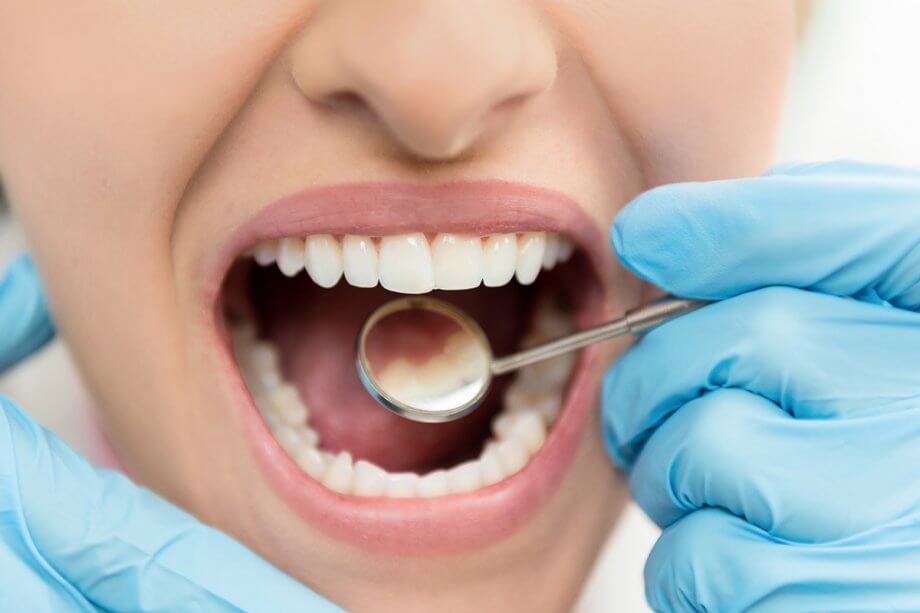Embarrassed by chronic bad breath? Breath fresheners can be an effective short-term fix.
But if bad breath persists despite a regular brushing and flossing regimen, it’s best to see your dentist for an exam.
What Causes Bad Breath?
Bad breath, or halitosis, is an embarrassing problem that could signify a more serious medical issue, especially if you’re already practicing good oral hygiene.
The tongue harbors many bacteria, which are normally kept in check by saliva. However, an excess of bacteria can form plaque on your teeth and gums—producing plaque and volatile sulfur compounds that cause bad breath.
Risk factors for bad breath include:
- Smoking or chewing tobacco
- Poor oral hygiene
- Dry mouth due to medications
- Gingivitis or periodontal disease
- Medications that interfere with saliva production (antidepressants and antihistamines are common offenders)
- High-protein diet
Good Oral Health is Essential for Overall Health
Maintaining good oral health is essential for overall wellness.
Teeth and gums are vulnerable to decay, periodontal (gum) disease, tooth loss, and oral cancers. You can prevent many problems with regular visits to your dentist for exams, cleaning, and x-rays.
The American Dental Association recommends these steps for good oral health:
- Brush your teeth twice a day with fluoride toothpaste. Use an ADA-approved soft-bristled brush. Floss once a day unless your dentist tells you otherwise.
- If you have gingivitis or periodontal disease, floss at least once a day and brush after meals whenever possible.
- Visit your dentist regularly—at least twice a year—for checkups and professional cleanings. You may need professional cleanings more often If you have problems with your gums or periodontal disease.
- If you use tobacco products, stop. Smoking increases the risk of developing oral cancer and causes bad breath, stained teeth, and mouth sores.
- If you drink alcohol, do so in moderation (no more than one drink per day). Excessive alcohol consumption can damage the tissues of the mouth.
Common Signs of Dental Problems
Many people don't realize that their oral health is an important factor in maintaining overall health. A healthy mouth can help prevent severe conditions such as heart disease, stroke, and cancer—not to mention periodontal disease that can lead to tooth loss.
Some signs of dental problems are obvious, such as bad breath or pain when chewing.
These are common signs of dental problems:
Bleeding gums. Bleeding may be a sign of gum disease caused by plaque. Left untreated, gum disease will worsen and may eventually lead to tooth loss and other problems.
Swollen or discolored gums. If you notice any changes in your gums, see your dentist. Changes in gum tissue may indicate a more serious problem.
Bad breath (halitosis). Bad breath can occur when your teeth decay or become infected. Halitosis can be eliminated with proper treatment for any dental problems.
Tooth pain or sensitivity. See your dentist if you’re experiencing persistent tooth sensitivity or toothaches.
Embarrassed By Bad Breath? Schedule an Appointment Today
Good oral hygiene can help prevent embarrassing bad breath, but you should see your dentist if the problem persists.
A dental cleaning removes plaque and reduces your chances of developing cavities and gum disease that can lead to bad breath. Routine dental exams are the best way to protect your smile, so schedule an appointment with us today!
If you’re concerned about bad breath, schedule an appointment online or contact us today at 570-287-2500 to make an appointment with Dr. Todd.
